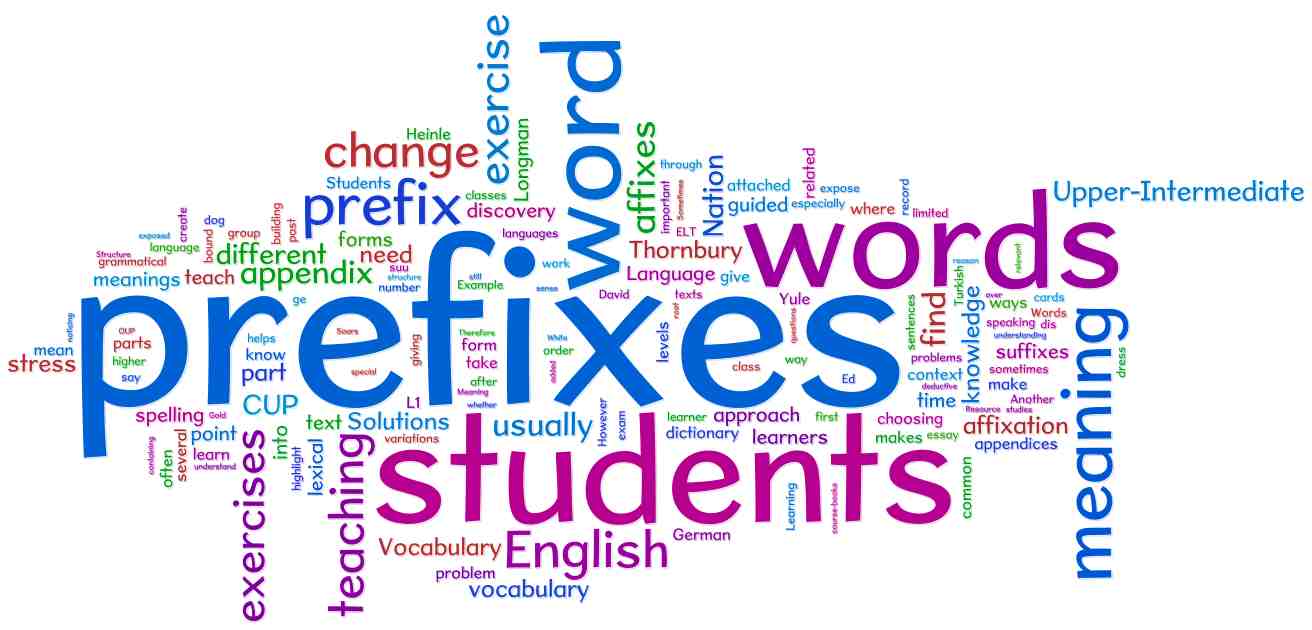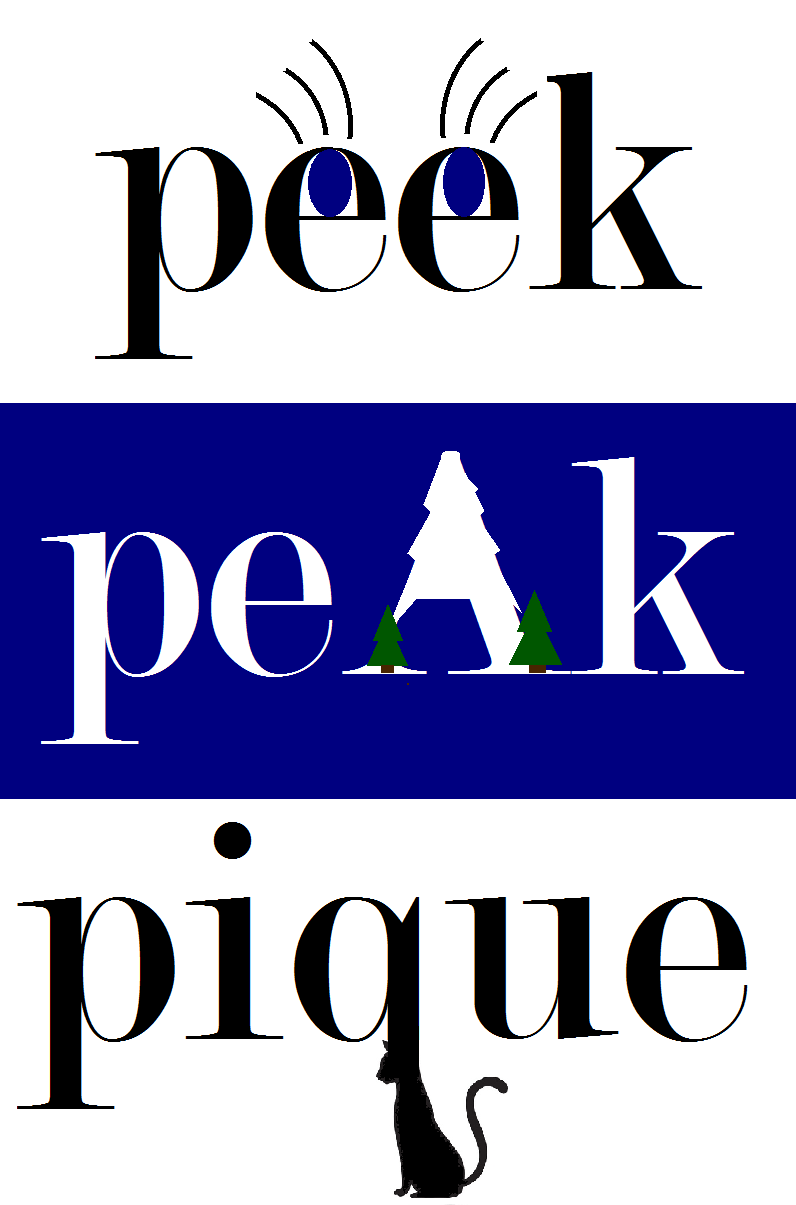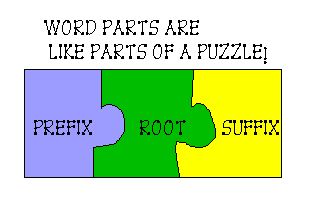
by Donna | Jul 31, 2013
The prefix ir is an interesting prefix for a number of reasons:
1. It means not. There are many prefixes that can mean not, such as de, a, un, non; however, ir also means not, which is interesting to me because I don’t think it sounds like it should mean not! To me, it sounds like it should mean again or repeating or something besides not!
2. It only comes before base words that begin with R. In other words, you do not put ir in front of most any word to mean not, like you often do with un or non.
3. This isn’t really interesting–but I like to say it whenever I teach about prefixes. A prefix is a letter or group of letters that you “affix” (which is why it and suffixes are called affixes) to the beginning of a word. It is important to remember that a prefix does not change the spelling of the base word. That is especially crucial in spelling ir words because the ir precedes an R already–and you must keep the base word’s spelling, so when you add this prefix to a word, you will ALWAYS have two R’s in a row: irregular, irresponsible, etc.
4. It is most often put before a word that is should never come before: regardless. We hear people constantly say irregardless, which is, of course, an oxymoronic word because less means without (or not) and ir means not. I guess that makes it sort of like using a double negative! You do not put ir before regardless because regardless already means without regard. With ir in front of it, you are saying not without regard, I guess…. Anyway, irregardless is not a word. So don’t use it. Okay? 🙂
Note: It is correct, however, to use irrespective, which is a substitute (some of the time) for when you are tempted to say irregardless.
However, there are many base words that begin with R that can have ir put before them to mean NOT or the opposite of what the base word means before ir is added to it.
Here is a list to get you started. Notice how if you take the ir off, you have a positive base word (or one that means yes–yes regular, yes responsible, yes revocable, etc.) However, with the ir, the word means not—not regular, not responsible, not revocable, etc.
Remember: You know more than you think you know!
And remember: Use what you already know to learn even more!
irregular
irresponsible
irrevocable
irrefutable
irradiate
irreconcilable
irredeemable
irreducible
irrefutable
irregularity
irrelevant
irreverence
irreligious
irreparable
irreplaceable
irreversible
irresolute
irretrievable
irresistible
Irrelevant
by Donna | May 29, 2013
 |
| Picture by Lisa Rivera |
|
|
Oh my word! My tips and tricks for peek, peak, and pique aren’t nearly as cute and memorable as the ones Lisa Rivera has created in the picture above! In our curriculum materials, and on the web, I don’t have access to that kind of graphic representation of words. I might have to look into that in the future!
In the meantime, her picture says a thousand words–okay, well really just three:
1. Peek
a. Verb meaning a secretive look–And then I am going to peek into the package.
b. Noun meaning a small glance–She took a peek into the package.
c. Thus, the two EYES in the middle of the word peek in the graphic. (We do have that in our books, but we just tell it not show it–showing it is so much better!)
2. Peak
a. Verb meaning to reach the highest point—They said that the dancer was going to peak at just the right time.
b. Noun meaning the highest point—They reached the mountain’s peak.
c. Adjective meaning highest point—They were at their peak performance.
d. Love the graphic with the A being a high, mountainous point.
3. Pique’
a. Verb meaning to arouse curiosity–They really tried to pique’ our attention with those pictures.
b. Noun meaning resentment–He slammed the door in a fit of pique’. (Use it interchangeably with “quick anger.”
c. Noun or adjective meaning nubby fabric–He wore his pique’ bright yellow polo shirt.
d. The verb is the most common meaning; and thus, we see the cat at the bottom of the q in the picture because “curiosity killed the cat.” CLEVER!
If you don’t have that great picture above, here are ways to remember these three:
1. Peek–has two e’s, and we have two eyes and peek with our eyes
2. Peak—not two e’s OR They have a lEAK in the pEAK of their roof.
3. Pique’–Ends with que—question begins with que
Happy Wordy Wednesday! If you like our blog, share it with others! Put the FB link on your timeline, so others can learn with Language Lady each week! Smile…
by Donna | May 8, 2013
When Joshua and I teach vocabulary, we try to do a few things:
1. Relate the word to anything we think the students might already know. (“Aquaduct? Well, you know what aquatic means, don’t you?”)
Of course, this is where we say, “You know more than you think you know!”
2. We ask the students if they can tell us anything about the word based on the context. Is it happy or sad? Is there a word near that word that helps you?
3. We help them examine the type of word it is. We say over and over to them that OUS words are often adjectives (delicious) and ATE words can often be verbs.
4. We help the students examine roots and affixes.
a. Prefix–an affix (“stuck on”) to the beginning of a word
b. Suffix–affix added to the end of a word
We also give the students tools all the time. Below is a list of prefixes and suffixes that we give to our students and discuss with them, along with their meanings.
Be a lifelong student! If you are an adult, these vocabulary tips will still help you every day.
(a) GEN–birth, race, kind
generous, generate, generation, geneology, gender
(b) DIC, DICT, DIT–tell, say, word
dictate, verdict, edict, contradict, predict, diction, indict
(c) SPEC, SPIC, SPIT–look, see
perspective, aspect, spectator, spectacle, suspect
(d) SUPER, SUR, SUM—above
surpass, summit, supersede, superstition
(e) TENT, TENS, TEND, TENU–stretch, thin
tension, extend, tendency, tendon, tent, distend
(f) TRANS—across
transfer, transient, transitory, transgress, transport
(g) DOC, DUC, DAC–teach, lead
conduct, document, doctrine, induce, indoctrinate
(h) CO, CON, COM-with, together
company, collaborate, comply, congruent,
(i) VERS, VERT—turn
convert, revert, subvert, divert, diverse, extrovert, versatile
(j) LOC, LOG, LOQU–word, speech
eloquent, logic, apology, monologue, dialogue, prologue
(k) SEN–feel, sense
sensitive, sensation, consent, dissent, assent, sentiment
(l) DE–away, down, off
denounce, defraud, decry, deplete, devoid, defile
(m) NOM, NOUN, NOWN, NAM, NYM–name, order, rule
anonymous, nominate, renounce, renown, misnomer
(n) CLA, CLO, CLU–shut, close
closet, enclose, disclose, include, conclude, seclude
(o) VO, VOC, VOK, VOW—call
vocal, advocate, vocation, convoke, revoke, avow
(p) MAL–bad
malicious, malady, dismal, malign, malevolent
(q) FRA, FRAC, FRAG—break
fracture, fraction, fragment, fragile, frail, fractious
(r) OB—against
objective, obsolete, obscure, obstruct, obstinate
(s) SUB—under
submissive, subordinate, sublime, subtle, subversion
(t) AB–from, away
abandon, abhor, abstain, absolve, abstruse, abstract
(u) GRESS, GRAD—step
progress, regress, gradual, digress, degrade, transgress
(v) SEC, SEQU—follow
second, sequel, sequence, consequence, prosecute
(w) PRO–much, for, a lot
prolific, profuse, prodigal, prtracted, prodigy, propensity
(x) QUE, QUIS–ask, seek
inquire, question, request, quest, query, acquire, querulous
(y) SACR, SANCT, SECR—sacred
sacrifice, sanctuary, sanctify, sanction, consecrate
(z) SCRIB, SCRIP—write
scribble, describe, script, prescribe, ascribe, inscribe
(aa) PATHY, PAS, PAT—feeling
apathy, sympathy, empathy, antipathy, passionate
(bb) DIS, DIF—not
disdain, dissuade, dismay, disparate, disparage
(cc) CIRCU—around
circumference, circulation, circumstances, circumvent
(dd) NON, UN, IN, AN, A–no or not
nonviolent, uncooperative, inappreciative, anonymous
(ee) AD–to
adhere, adjective, addict, adverb
(ff) INFRA—below
infrastructure, infraction, infrared, infra-bass







